Autism- Special Needs Prek 3 through 12th Grade
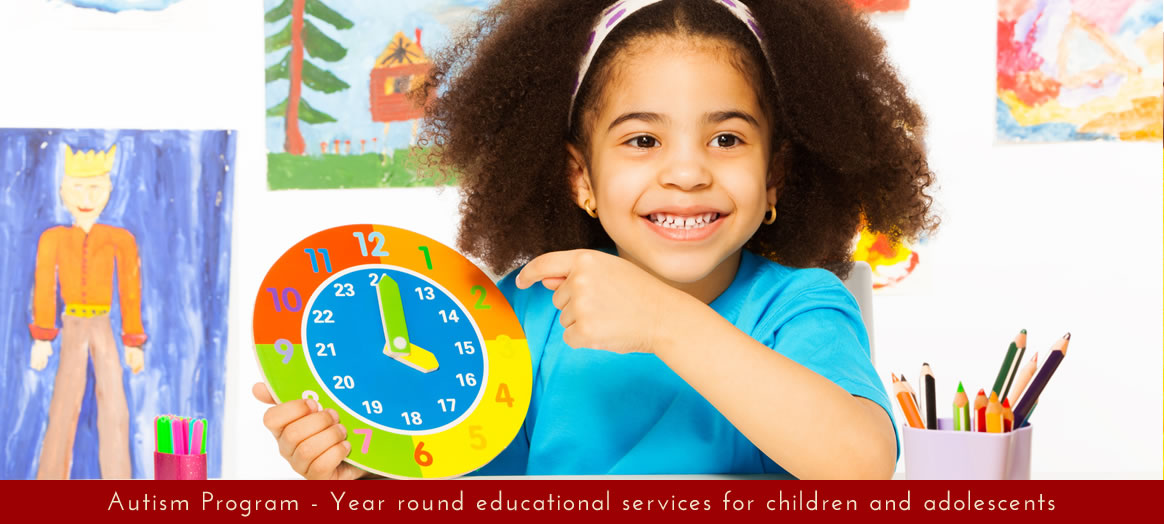
South of School of Excellence Autism program provides year round educational services for children and adolescents with autism, ages 3-21.
Teaching techniques are based on the principles of Applied Behavior Analysis (ABA) and Discrete Trial Training (DTT). Uses evidence based instructional practices; align to Common Core State standards. Each student’s curriculum is individualized to his or her specific needs and abilities at various developmental levels and based on annual assessments.
The student-teacher ratio at South Florida School of Excellence ranges from 1:1 to 3:1 or 6:1 and is determined by each student’s learning style and skills. Classroom instruction is provided in the same student-teacher ratios, along with small groups to facilitate peer interaction. Students are also offered opportunities for integration into less restrictive settings at all age levels, as appropriate for each student.
Each of the classroom programs is staffed by one or more certified teachers of the Special Education, along with a number of primary therapists, dependent upon the current number of students in that classroom. Ancillary staff includes certified speech pathologists, adaptive physical education teachers, and a certified counselor.
Students are placed in and progress through the South Florida School of Excellence academic programs according to age and skill level. At the start of the school year, each student’s Individualized Educational Plan (IEP) is reviewed and revised, in cooperation with parents and sending school district child study teams, to incorporate specific and individual program goals for the year ahead.
Each Autism Spectrum Disorder (ASD) program is integrated based on Personal Education Plan (PEP) of the student, developed and implemented by school’s internal staffing, included school professionals, parent and student (14 years and up) .
CLASSROOM SETTINGS:
South Florida School of Excellence offers TWO settings of ASD programs our goal is to provide support and a therapeutic setting within a grade, age and skill -appropriate academic environment. Programs use positive behavioral supports to promote pro-social.
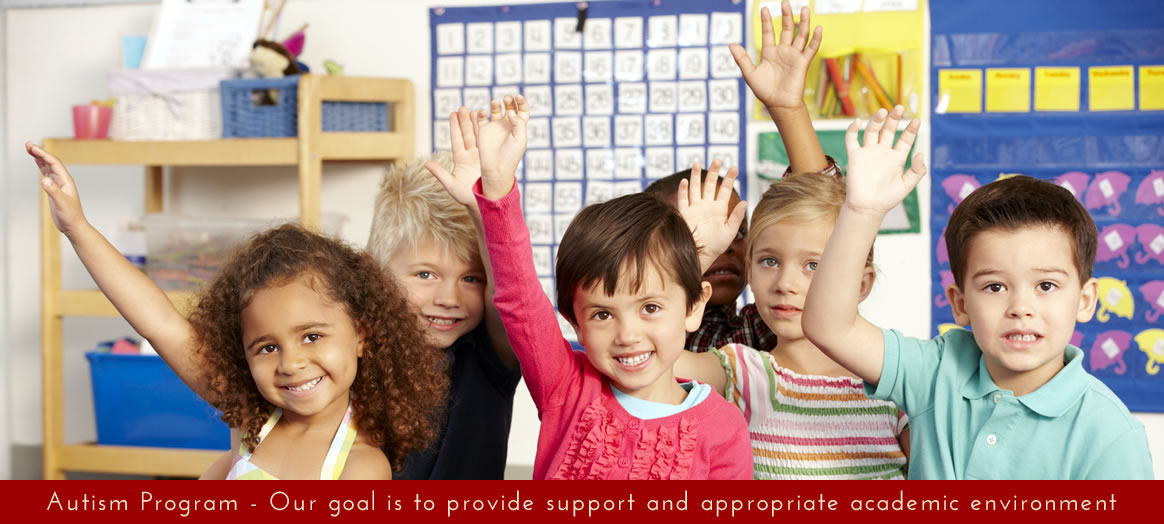
SETTING: 1
ASD Horizon: Small Integrated Co-Teaching (ICT) classes serve students with autism and typically developing students. Classes are designed to support students with autism to improve social functioning and promote academic success. ASD Horizon classrooms utilize targeted instructional strategies and specialized social interventions. These supports foster relationship development, adaptive skills, language and communication, self-regulation and sensory/motor development.
SETTING: 2
ASD Nest: Small class settings serve students with autism. In our Nest classes, students with autism receive targeted instruction and utilize a comprehensive curriculum aligned to the core curriculum and based on the principles of applied behavior analysis (ABA).
4 FOUR MAJOR TRANSITIONS
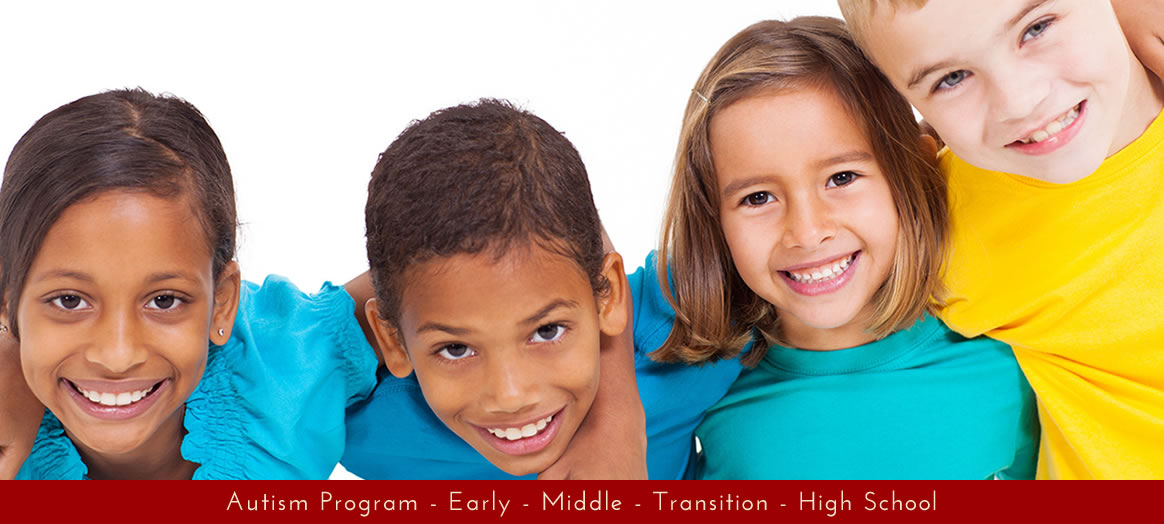
The Early Autism Childhood Program focuses on basic self-care and learning readiness skills, as well as language development and pre-academics, with the ultimate goal of preparing the child for all later learning.
The Middle Autism Childhood Program continues this individualized instruction, continuing pre-academics and language development and expanding the child’s learning into pre-vocational skills and beginning independent living skills.
The Transition Autism Program is for students who have demonstrated an ability to work in a small group setting. In Transition, independent work is supplemented by small group instruction in areas of academic and interactive language social skills. When appropriate, students who excel in this setting can be integrated into programs in their local school district.
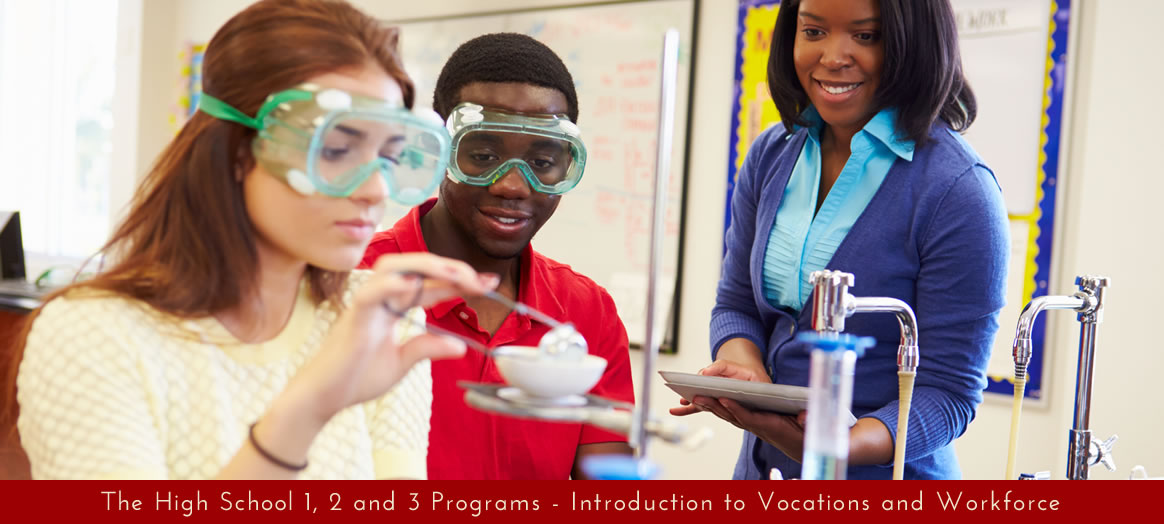
The High School 1, 2 and 3 Programs provide learning experiences preparing students for the skills they will eventually need at graduation. These skills may range from basic communication, daily living and functional academics. Students may also focus on clerical skills and community-based work/study programs. Included in South Florida School of Excellence High School programs is Introduction to Vocational and Workforce. This program provides instructional hands on experience in school’s Vocational Rehabilitation Apartment store, cooking and independent daily living skills programs.
Autism (ASD) Supplemental Programming and Services
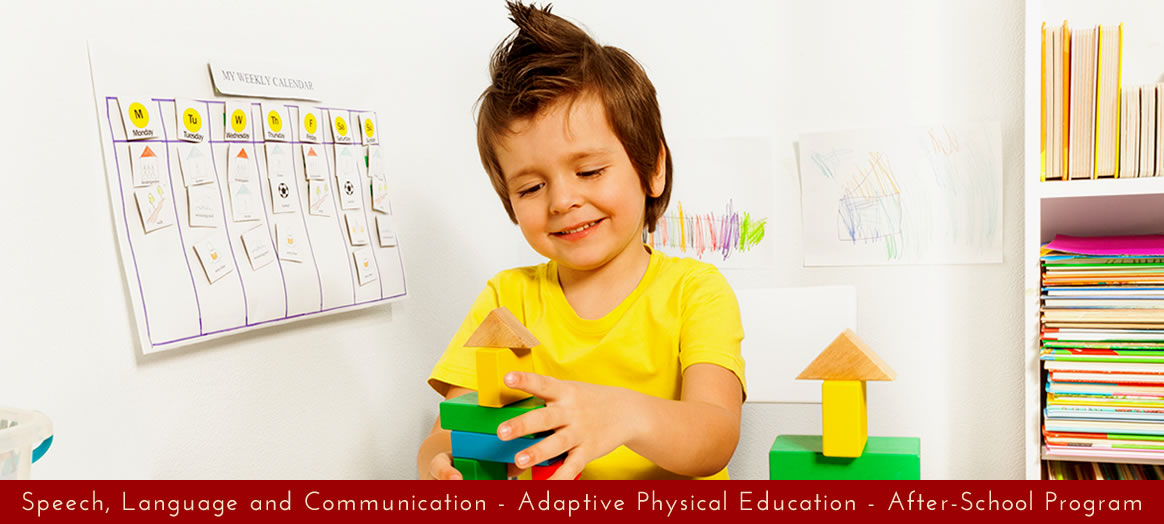
The following supplemental services are provided to students in conjunction with their classroom programs:
The Speech, Language and Communication Program helps students develop individualized, pragmatic communication skills through the use of verbal language, sign language, simultaneous communication (pairing verbal and sign language) or augmentative communication systems. The latter include picture exchange communication systems, language boards or computerized voice output systems.
All students receive Adaptive Physical Education on a daily basis. During group sessions, the students work on gross motor activities, range of motion and pre-sport skills. Older students are able to utilize a weight room where they can build up their cardiovascular fitness skills and other gross motor activities. Younger students receive individual PE sessions, where they work on a variety of fine motor tasks along with sensory motor and vestibular processing skills. All Adapted Physical Education activities are IEP goals within each student’s program.
The After-School Program extends the day-school curriculum by providing constructive educational and recreational activities for South Florida School of Excellence students during the hours between the end of the school day and the standard workday. Activities are all IEP and PEP driven and can vary from: arts and crafts, music, sports and community outings.
COMMUNITY INVOLVEMENT
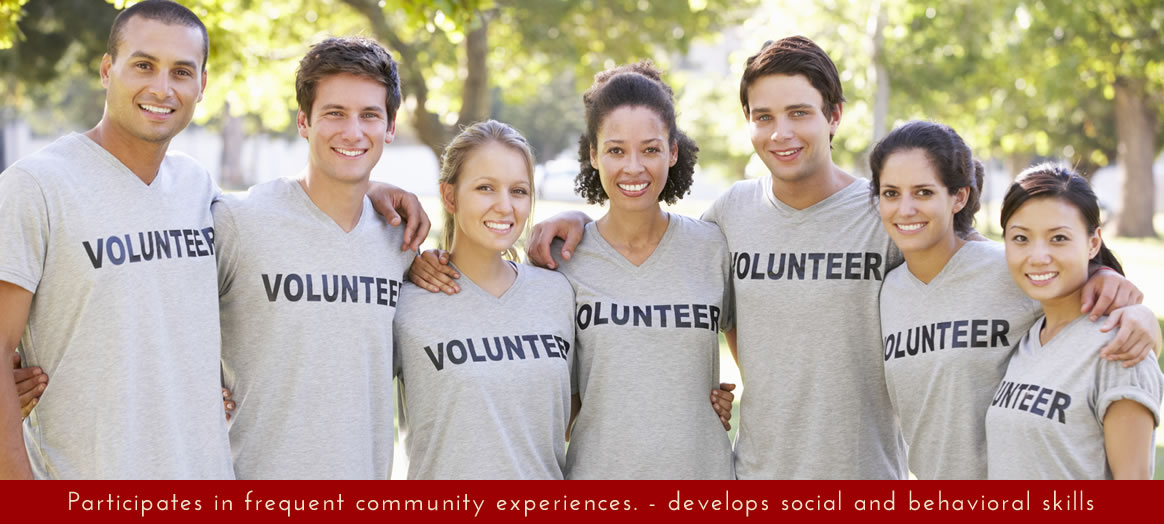
Students in all programs participate in frequent community experiences. Tailored to age level, these provide real-life opportunities to practice - develop and generalize social and behavioral skills.
Student outings range from shopping trips to purchase classroom items, grocery shopping, ordering meals in a restaurant or movie trips. The high school students may also participate in job placements in the community, where they can continue to practice their pre-employment skills in a real world setting. The focus of all community outings is for students to practice the skills acquired within their classrooms into a variety of community settings.
Students also participate in community activities that combine learning and giving. Collecting canned goods for a holiday food drive, gathering Toys for Tots and making Valentines for patients at a nearby medical center are among the ways South Florida School of Excellence students learn to contribute to their communities. Locally, for example, students visit parks or indoor play areas for recreational outings, while visits to grocery stores, take-out restaurants, the post office or a drugstore provide practical types of community interactions. Longer travels may be to the Bayside, Science Museum, Metro Train Station or other such destinations that offer a good combination of learning and fun!
All Instructions are given in Applied Behavior Analysis on a regular basis.
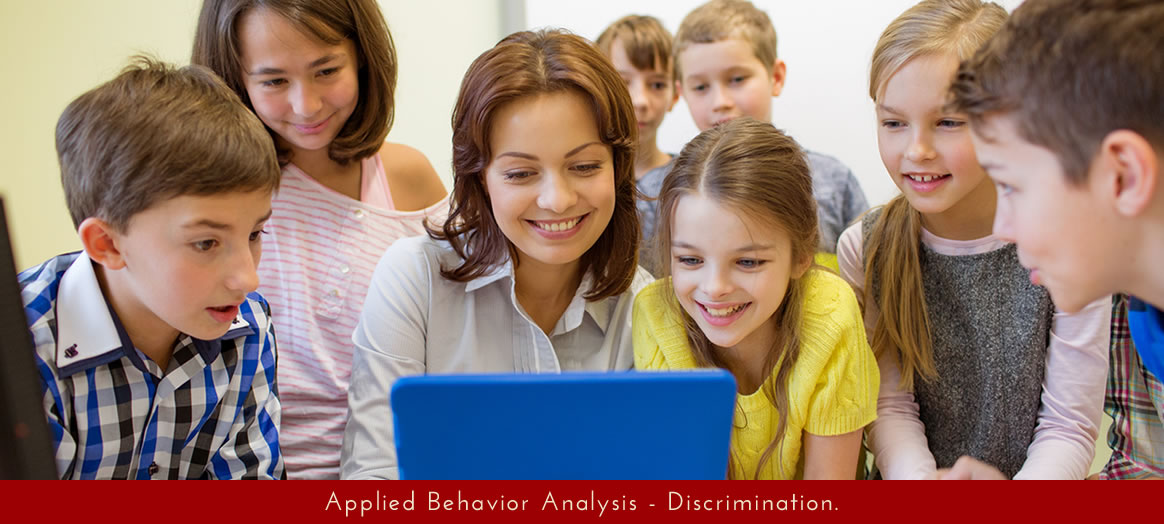
Discrimination
A. Session Behavior and Simple Discrimination
B. Identity Matching
C. Arbitrary Matching
Communication
A. Receptive Language (Listener Behavior)
1. Following Directions
2. Receptive Vocabulary
3. Receptive Syntax
4. Receptive by Feature, Function, or Class
B. Expressive Language (Speaker Behavior)
1. Requests (Mands)
2. Labels and Comments (Tacts)
3. Grammar/Syntax (Autoclitics)
4. Answering Questions/Conversation (Intraverbals)
C. Communication Topography
1. Vocal Speech
2. AAC (Devices)
3. Manual Sign
Autism - Curriculum Scope and Sequence
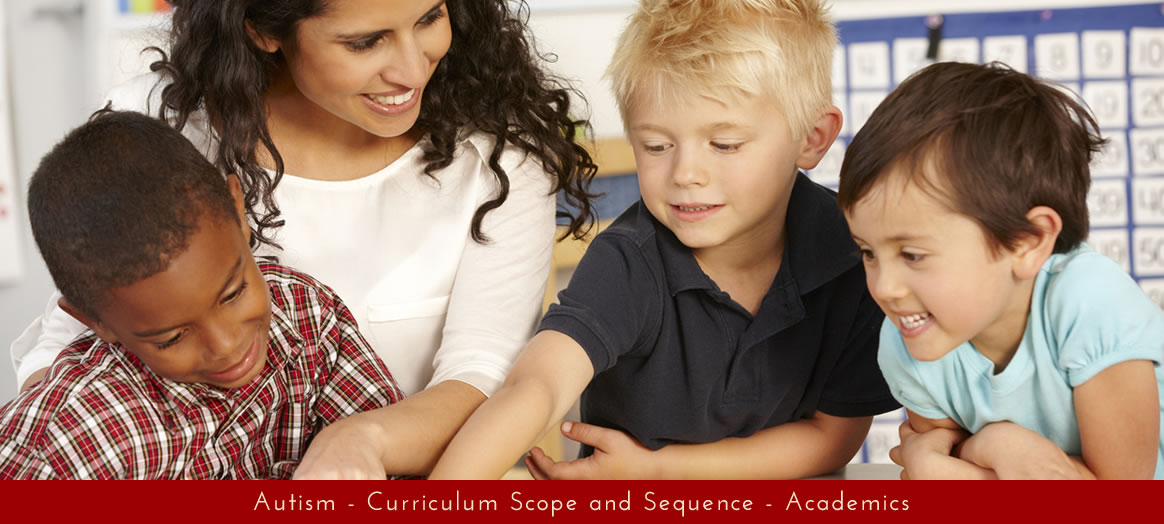
ACADEMICS
A. English Language Arts
1. Writing (Printing/Cursive)
2. Composition
3. Vocabulary and Dictionary
4. Spelling
5. Grammar
6. Reading Comprehension
7. Listening Comprehension
8. Phonemic Awareness
9. Decoding
10. Sight Word Recognition
B. Mathematics
1. Number Skills
2. Computation
3. Money Skills
4. Time Skills
5. Measurement
6. Patterns and Geometry
7. Data Analysis
C. Science and Technology
1. Earth and Space
2. Life Science
3. Physical Science
4. Health Science
5. Computers and Technology
D. History and Social Science
1. History
2. Geography
3. Economics
4. Civics and Government
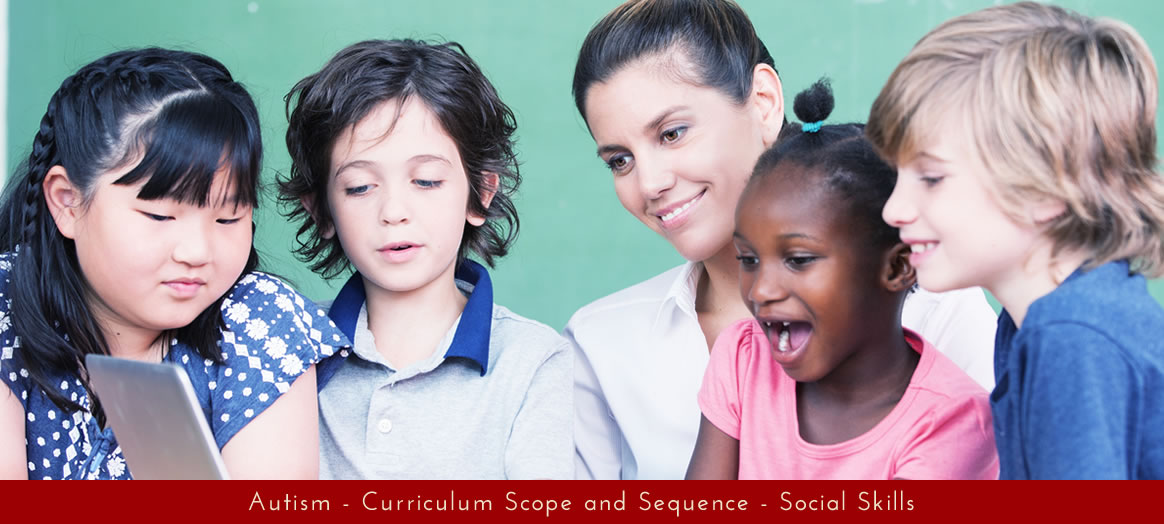
SOCIAL SKILLS
A. Establishing Rein forcers
1. Preference Assessment
2. Conditioned Rein forcers
B. Social Interaction
1. Eye Contact
2. Joint Attention
3. Conversation (Pragmatics)
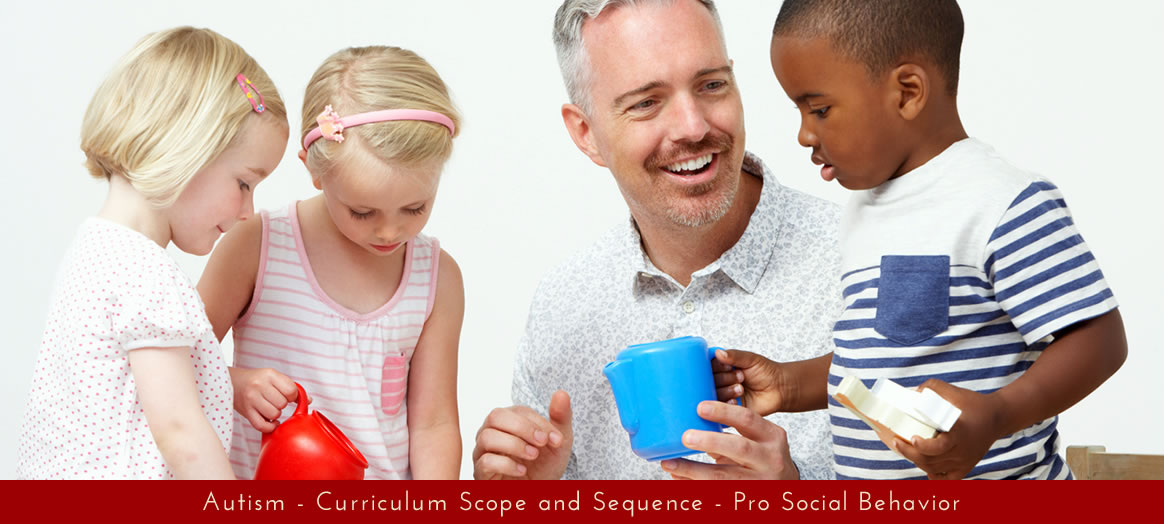
Pro Social Behavior
1. Compliance
2. Waiting
3. Imitation
4. Schedules
5. Classroom Behavior
6. Group Instruction
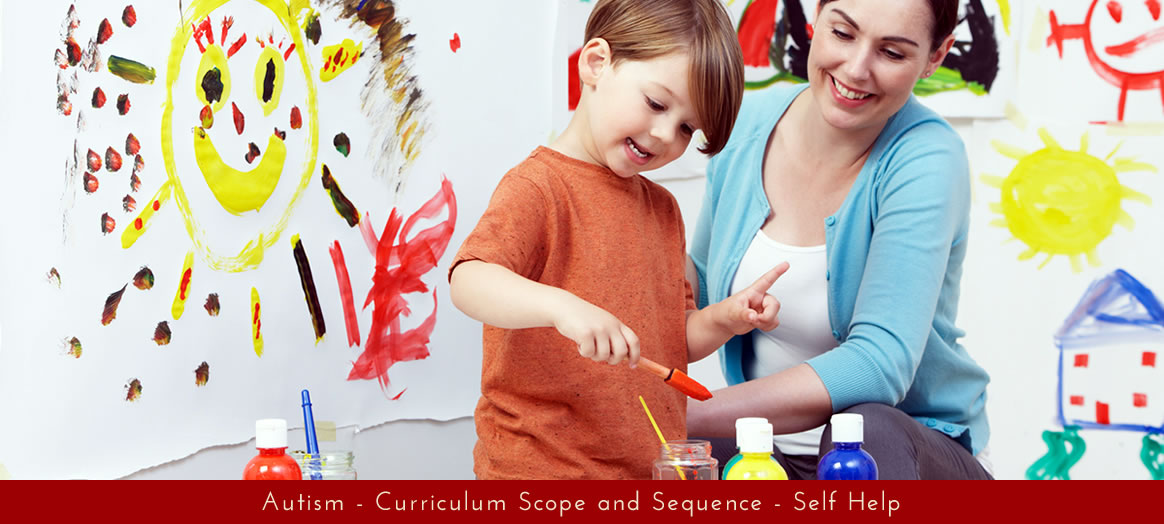
Self-Help
A. Hygiene
B. Dressing
C. Eating
D. Toileting
E. Household Chores
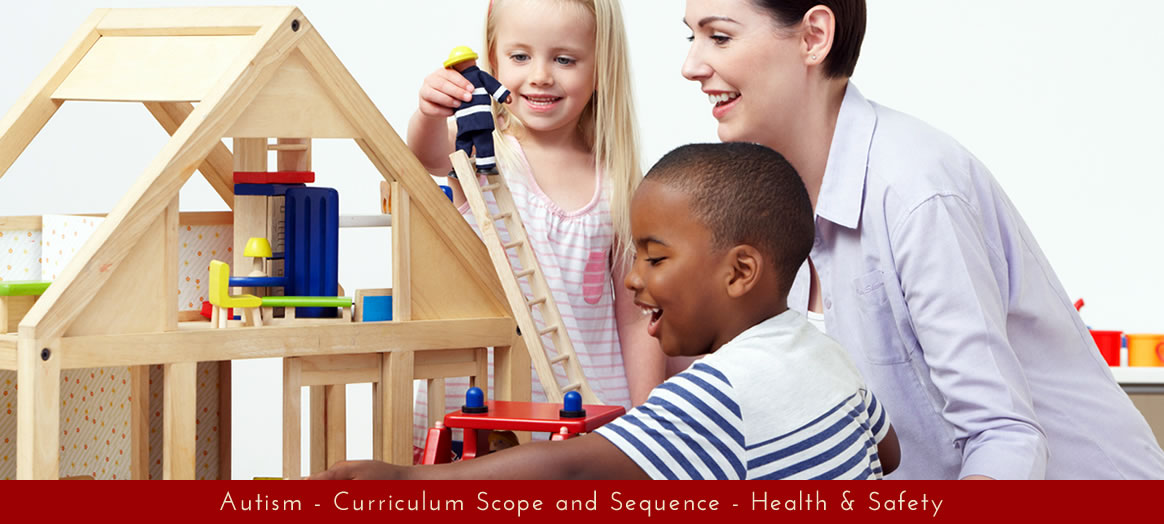
Health and Safety
A. Physical Health
1. Health Care
2. Growth and Development
3. Physical Fitness
4. Nutrition
5. Reproduction and Sexuality
B. Social and Emotional Health
1. Mental Health
2. Family Life
3. Interpersonal Relationships
C. Safety and Prevention
1. Disease Prevention
2. Safety
3. Substance Abuse Prevention
4. Violence Prevention
D. Personal and Community Health
1. Consumer Health
2. Ecological Health
3. Community and Public Health
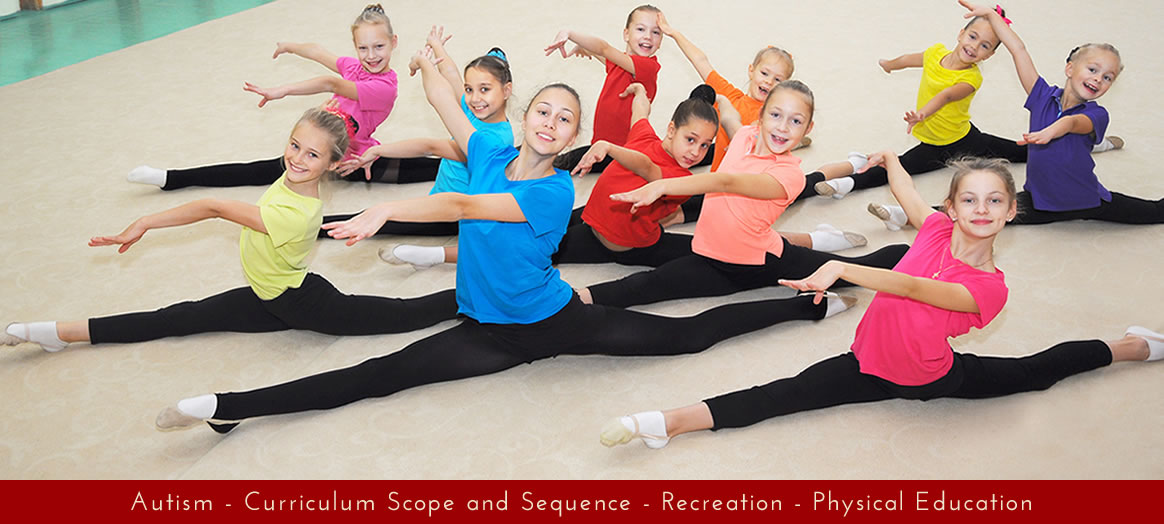
Recreation and Physical Education
A. APE (Adaptive Physical Education)
1. Motor Skill Development
2. Individual Activities
3. Sports and Group Games
B. Play and Leisure
1. Simple Play
2. Pretend Play
3. Arts and Crafts
4. Hobbies
5. Media
6. Table Top Games
7. Schedules
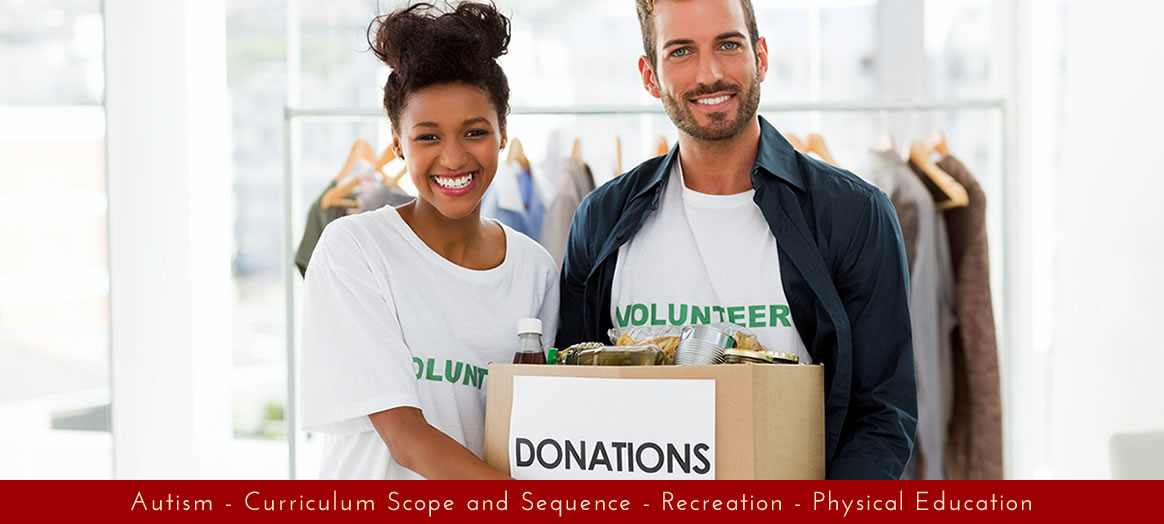
Community
A. Community Safety
B. Participation in Activities
C. Attending Events
D. Accessing Resources
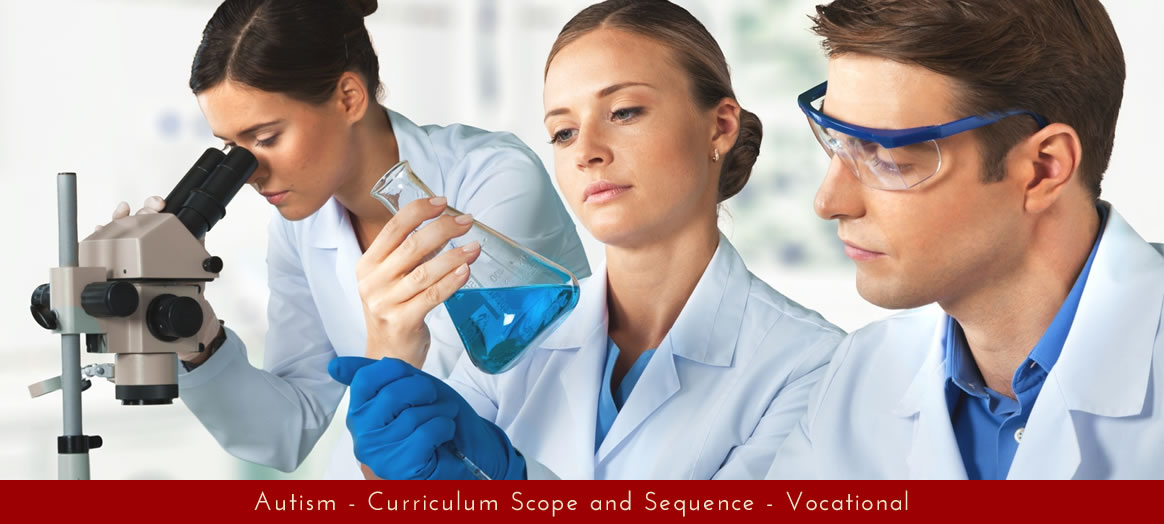
Vocational
A. Workplace Behavior
B. Workplace Communication and Routine
C. Job Skills
1. Food Service
2. Clerical
3. Custodial
4. Assembly and Manufacturing
5. Other
D. Workplace performance
E. Work Safety and Self- Preservation
F. Workplace Hygiene




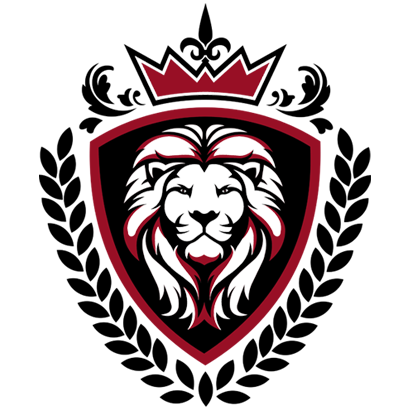
 DETERMINATION | INTEGRITY | PRESERVERANCE
DETERMINATION | INTEGRITY | PRESERVERANCE